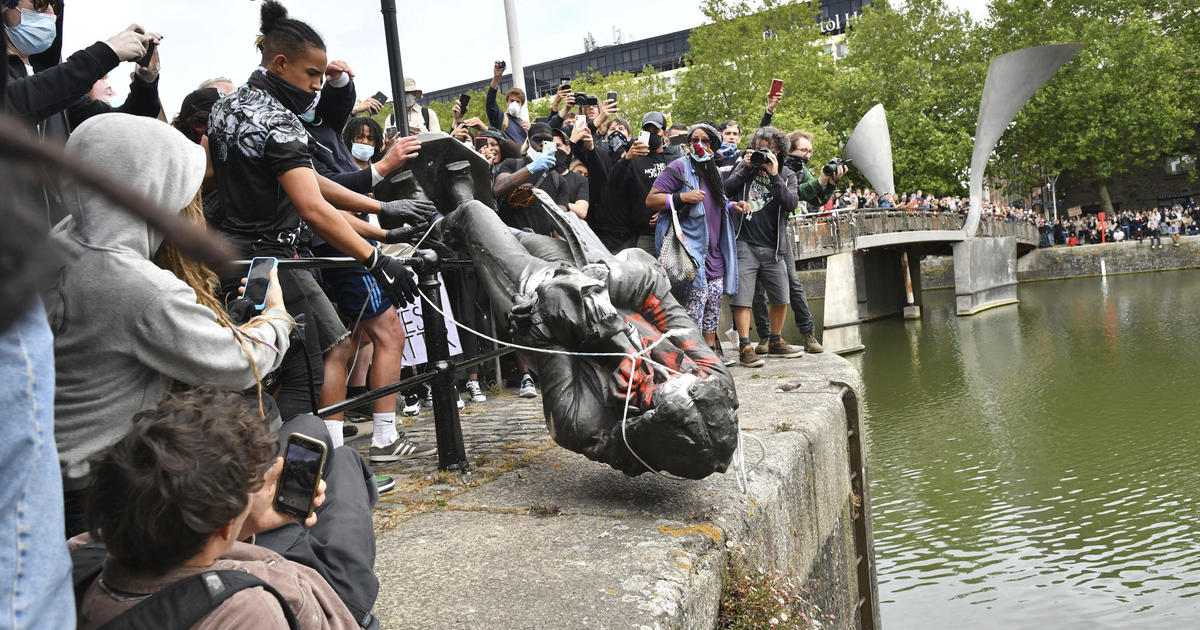Three hundred years ago, Edward Colston was one of the most notorious human traffickers in the world. He was second in command at the Royal African Company. The Navigation Act of 1660 enabled the Royal African Company to gain a monopoly over the slave trade from Africa to the Caribbean. The Navigation Act ensured that only English ships would use colonial ports. This gave them an advantage over other colonial slave ships and allowed them to dominate the slave trade.
There has been an attempt in recent years to smooth over his crimes against humanity and gloss over his crimes under the guise of philanthropy. As a testament to the great British values a statue of Edward Colston was erected in the Bristol harbor in England to celebrate his life as one of the world’s most notorious slave traders. He was deputy at the Royal African company, a business which specialized in gross crimes against humanity.
During his tenure as deputy governor with the Royal African Company Colston committed the following crimes against humanity:
- Presided over human trafficking of more than 84,000 Africans to the Caribbean and American colonies.
- More than 19000 died in the middle passages as they crossed from Africa to the Americas during Colston’s tenure.
- Colston branded African human beings with the logo RAC as though they were property
- Overcrowding on the ships led to thousands of deaths
- Colston’s ships were riddled with sickness and disease and unsanitary conditions
- Spent his life as a Member of Parliament defending the massacre of Africans in the slave trade
- Colston fought for the right of Bristol to slaughter Africans
- Later in his career Colston invested in South Seas Company in order to continue the trafficking of more than 15,931 human beings
Colston’s life is an example of black labor and white wealth. The Society of Merchant Ventures celebrated Colston’s legacy of genocide. Though Bristol portrays itself as a business capital the wealth of the city was built on the backs of Africans. No schools or donations can pay for the fruits of unrighteous labor.
In June 2020, a statue that had been erected in the city of Bristol to honor Colston was uprooted and thrown into the river in protest.





One response to “Edward Colston’s Legacy: Black Labour White Wealth”
It was about time too.